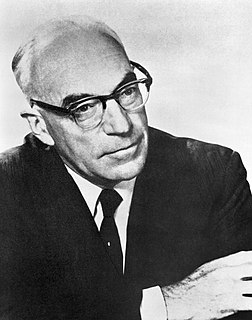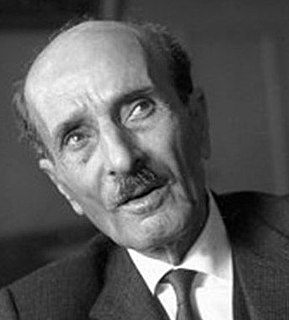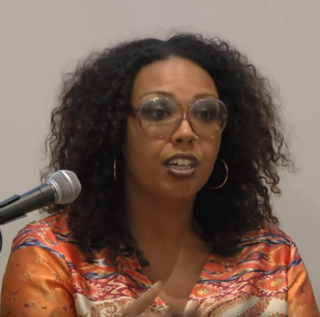A Quote by John Keats
A poet is the most unpoetical of anything in existence; because he has no identity he is continually informing and filling some other body.
Related Quotes
I believe that there is a fundamental mystery in my existence, transcending any biological account of the development of my body (including my brain) with its genetic inheritance and its evolutionary origin. ... I cannot believe that this wonderful gift of a conscious existence has no further future, no possibility of another existence under some other unimaginable conditions.
The only artists I have ever known who are personally delightful are bad artists. Good artists exist simply in what they make, and consequently are perfectly uninteresting in what they are. A great poet, a really great poet, is the most unpoetical of all creatures. But inferior poets are absolutely fascinating. The worse their rhymes are, the more picturesque they look. The mere fact of having published a book of second-rate sonnets makes a man quite irresistible. He lives the poetry that he cannot write. The others write the poetry that they dare not realize.
The body and mind are continually changing, and are, in fact, only names of series of changeful phenomena, like rivers whose waters are in a constant state of flux, yet presenting the appearance of unbroken streams. Every particle in this body is continually changing; no one has the same body for many minutes together, and yet we think of it as the same body.
We are uncomfortable because everything in our life keeps changing -- our inner moods, our bodies, our work, the people we love, the world we live in. We can't hold on to anything -- a beautiful sunset, a sweet taste, an intimate moment with a lover, our very existence as the body/mind we call self -- because all things come and go. Lacking any permanent satisfaction, we continuously need another injection of fuel, stimulation, reassurance from loved ones, medicine, exercise, and meditation. We are continually driven to become something more, to experience something else.
And we must beg Homer and the other poets not to be angry if we strike out these and similar passages, not because they are unpoetical, or unattractive to the popular ear, but because the greater the poetical charm in them, the less are they meet for the ears of boys and men who are meant to be free, and who should fear slavery more than death.
A man of my acquaintance once wrote a poem called "The Road Less Traveled", describing a journey he took through the woods along a path most travelers never used. The poet found that the road less traveled was peaceful but quite lonely, and he was probably a bit nervous as he went along, because if anything happened on the road less traveled, the other travelers would be on the road more frequently traveled and so couldn't hear him as he cried for help. Sure enough, that poet is dead.





































